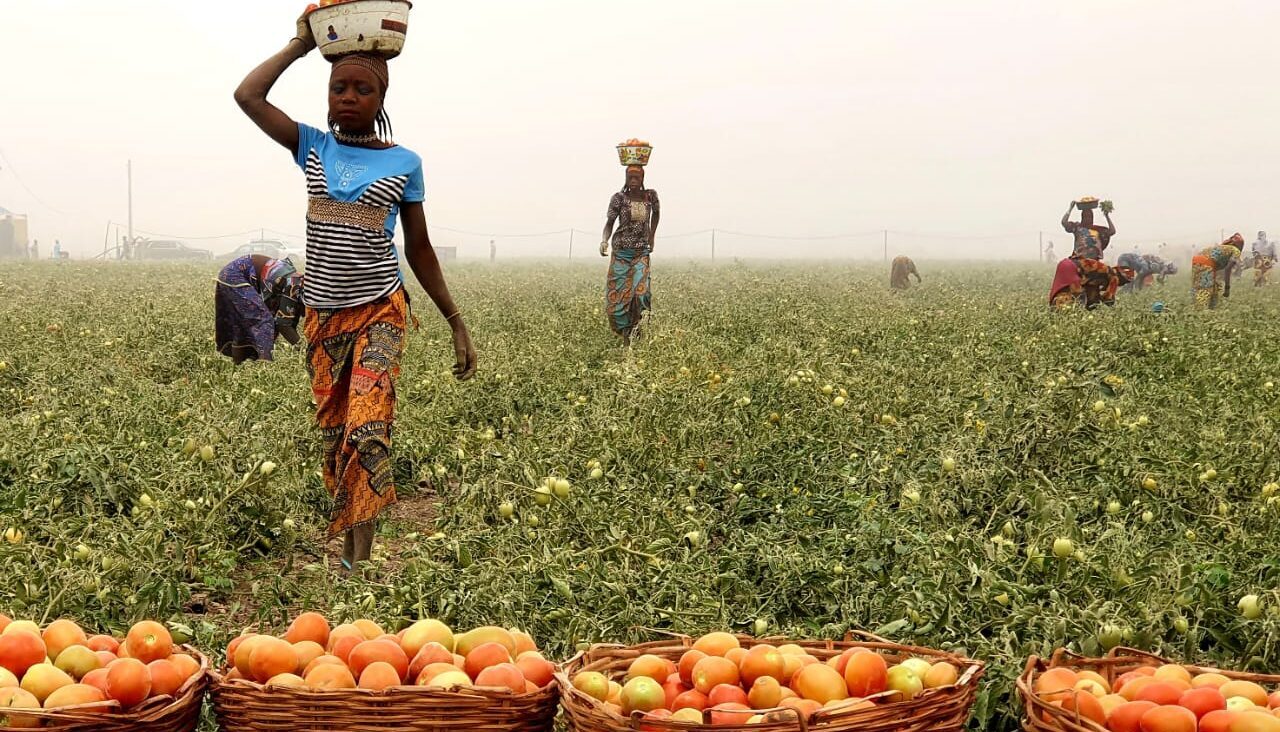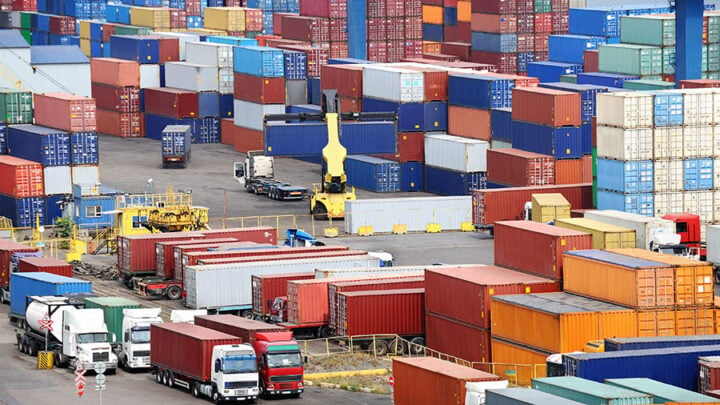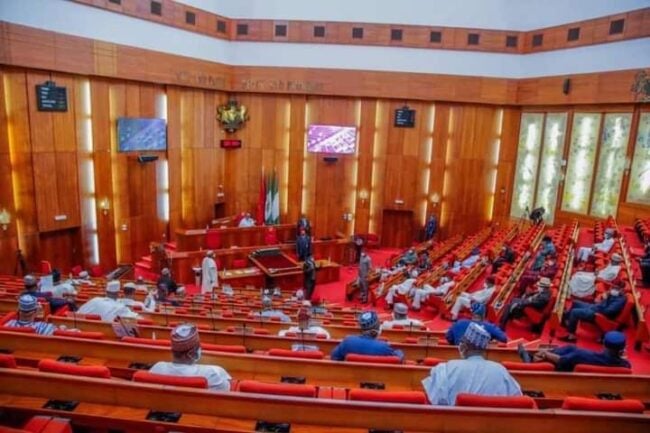BY JIDDA SAID
A perfect storm is brewing far away, but may likely come to a head in the territories of Northern Nigeria within six to eight months. This storm is to be brought about by a combination of distant geopolitical and local events.
The most significant of these events includes; the progressive withdrawal of the United States from providing security for the international trade routes; Covid-19 disruption of global supply chain and diminished motivation of some Northern Nigerian farmers to cultivate due to rural insecurity and the dependency inducing effect of international aid.
The significance of these factors is brought in sharp focus because over the years, Nigeria has become a net importer of food. For example, we produce only 57 percent of the 6.7 million metric tons of rice consumed in Nigeria annually and, only 2% of the total wheat we consume annually. In 2021, Nigeria imported a record 1.29 trillion naira (2 billion dollars) worth of wheat, making Nigeria, the 6th largest importer of the Commodity in the world.
Advertisement
The European union and Russia, two entities currently engaged in conflict, are the leading exporters of wheat to Nigeria. Meanwhile India has banned exportation of wheat and Indonesia, the exportation of palm oil, as preemptive measures to shield their populations from projected global food crisis due to the conflict.
Global Food market Situation
The current global food market is characterized, as far as Nigeria is concerned, by increasing import demand due to record low local production and decrease supply due to hostile global trade environment.
The inevitable outcome is a countrywide food shortage.
Advertisement
Effect of food shortage on Insecurity in Northern Nigeria
There has been a rise in the population of the north facing acute food insecurity. Every year, an average of 3 million northerners are recruited into the ranks of the severely food insecure further fueling regional insecurity.
Furthermore, since the nature of the worsening of food shortage this time around is expected to be severe with sharp rise in prices, a concomitant severe deterioration of the security in the northern region is to be anticipated.
The rate and scale of banditry, kidnappings for ransom, intercommunal conflicts and other forms of violent criminalities are expected to worsen with near catastrophic consequences to the stability of the region and the country at large.
Advertisement
Urgent Intervention
As other countries take unprecedented preemptive measures, we must also take steps to protect our population through the recruitment of the well established opinion shaping and consensus building system of the northern region.
At this time, in the month of June, marks the beginning of the planting season in the north, while harvest on average begins around September. Nearly 60% of Northern population are engaged in Agricultural activities.
Quick intervention to mitigate the coming food crisis should involve
Advertisement
1. Convocation of a meeting of opinion molders such as the traditional ruling institution, the Clergy class and other Non Governmental Organisations within the next 72 hours to plan a mass mobilization of Northern Nigerian citizens on the impending food and security crisis
2. Sensitization on a mass scale of the impending food crisis and of the need for all to participate maximally in cultivation of all available and safe Agricultural lands.
Advertisement
3. Prioritizing food crops, particularly staple food cultivation in this planting season
4. Encouragement of use of traditional. cooperative labour format of cultivation (Gayya) to reduce cost of farming in this season.
Advertisement
5. Encourage subsistence farmers not to sell their product and to rather store for the use of their families in the anticipated terrible lean period
6. Encouraging state government in the relatively stable 12 northern states to provide appropriate and available assistance to farmers in this planting season.
Advertisement
7. Embark on advocacy to the federal government on behalf of the northern and Nigerian people for active and appropriate intervention to mitigate the impending disaster.
Conclusion
The mass cultivation of subsistent farmlands in the North would reduce significantly, the pressures on the available food which the global trade environment had allowed to be imported into the country. This will allow stability of food prices, reduce hunger and stabilize the security situation in the north and the country at large.
Prof Said is of the University of Maiduguri
Views expressed by contributors are strictly personal and not of TheCable.
Add a comment






